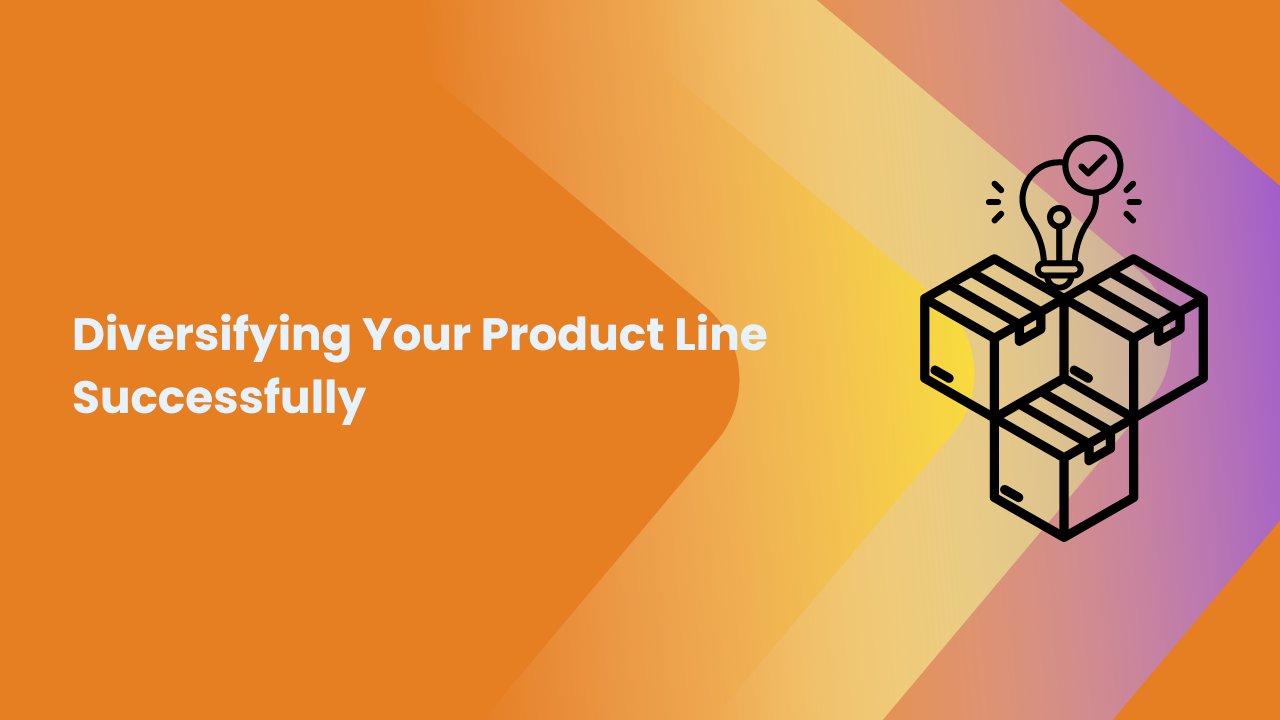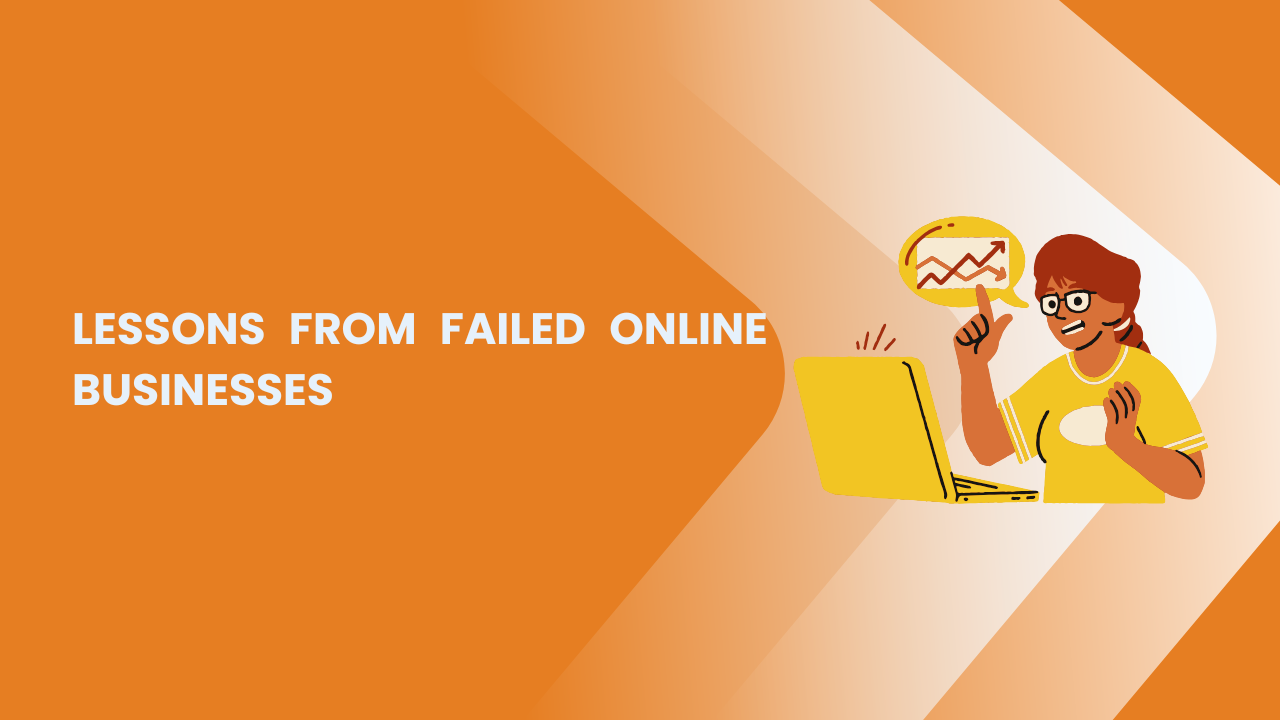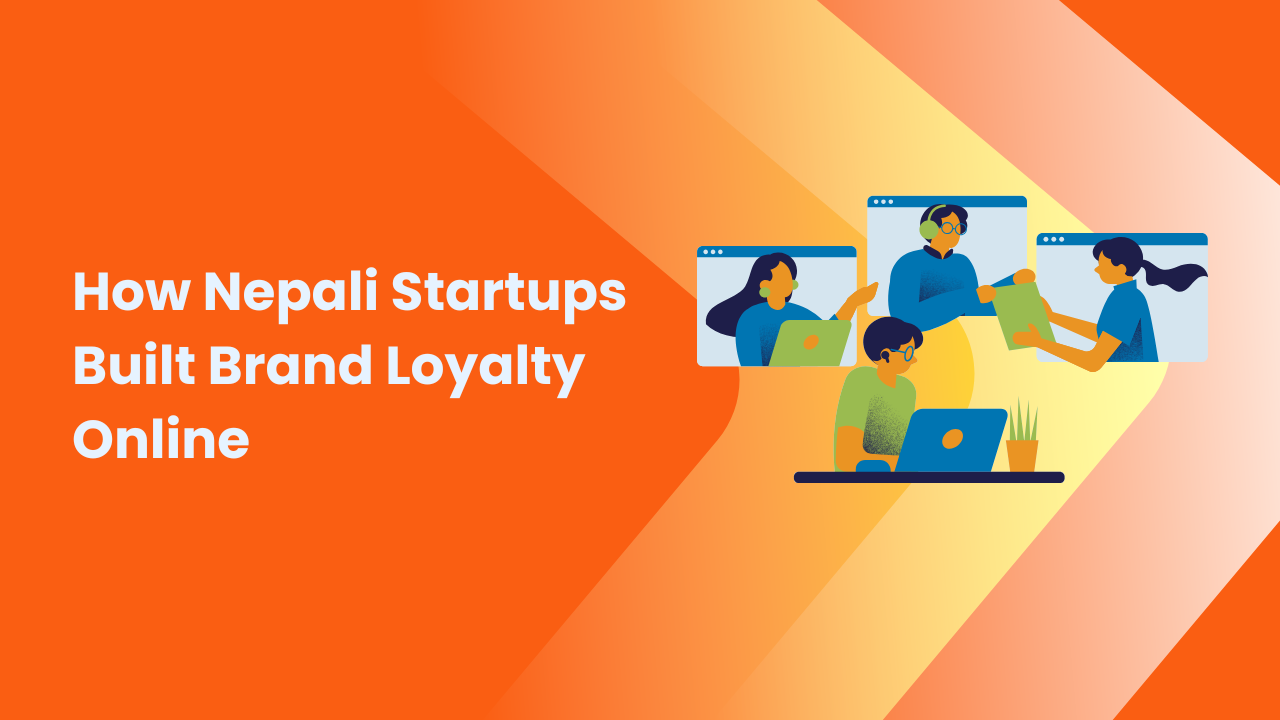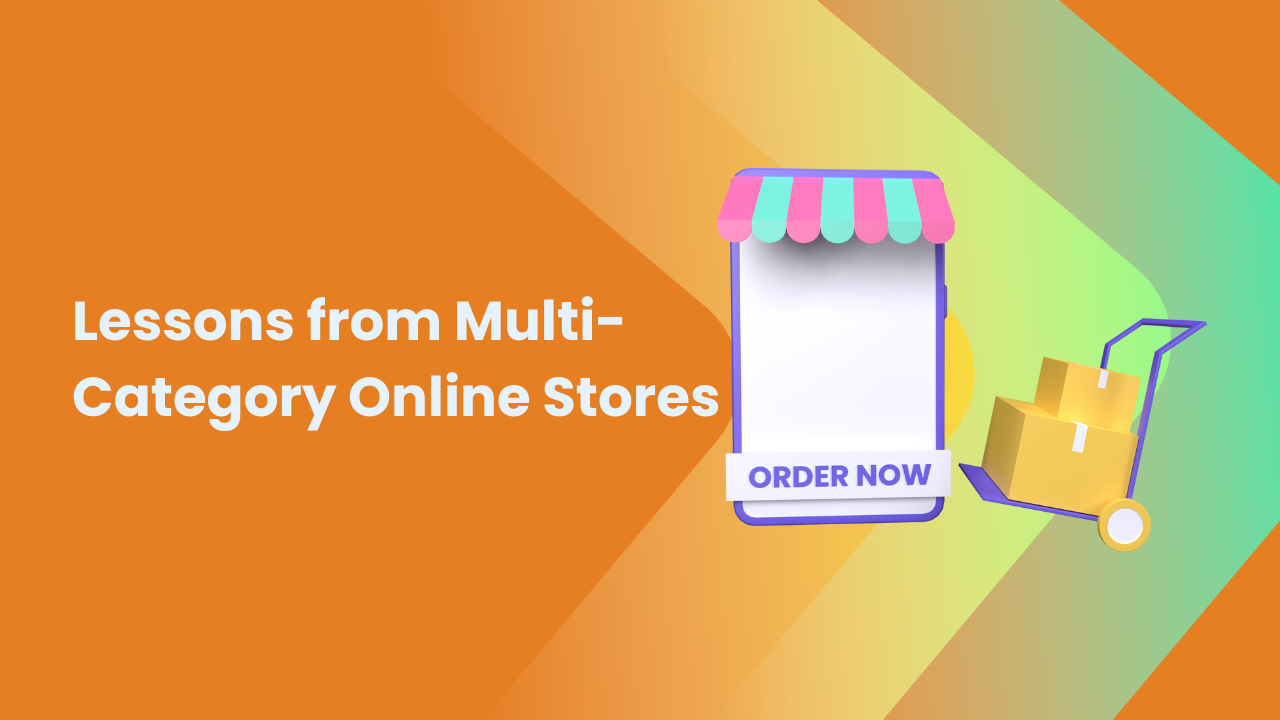Share this Article
In 2025, launching an online store is easier than ever—but choosing the right ecommerce platform can make or break your startup. Shopify has long dominated the conversation, offering a polished, global ecommerce experience. But for many startups—especially those operating in emerging markets or on tight budgets—Shopify's cost, complexity, and lack of local features can be limiting.
Fortunately, the ecommerce world has evolved. A growing number of affordable Shopify alternatives are now available, offering powerful tools, scalable solutions, and features tailored to different business models and geographies. Whether you’re a solopreneur, artisan, local retailer, or digital product seller, these 7 alternatives might be better suited to your goals—and your wallet.
1. WooCommerce – The WordPress Powerhouse
Why It Stands Out:
WooCommerce is a free, open-source plugin for WordPress, which powers over 40% of all websites. If you’re already familiar with WordPress or have content-focused business ambitions, WooCommerce is an ideal solution.
Key Features:
- Completely customizable and extensible
- Thousands of free and paid plugins
- No monthly platform fee
- Local hosting flexibility
- Supports local payment gateways (via plugins)
Pricing:
While WooCommerce itself is free, you’ll pay for:
- Web hosting (~$3–$10/month)
- Domain (~$12/year)
- Optional premium themes or extensions
Best For:
Startups with some technical knowledge or access to developers. It’s cost-effective but requires setup and maintenance effort.
Drawback:
No built-in hosting or customer service—you're on your own unless you hire support or use a managed host.
2. Wix eCommerce – Visual Simplicity Meets Power
Why It Stands Out:
Wix is known for its drag-and-drop simplicity, and its eCommerce features have matured significantly in 2025. It’s beginner-friendly and provides decent flexibility.
Key Features:
- Dozens of free, modern ecommerce templates
- Drag-and-drop editor—no coding needed
- Built-in SEO and marketing tools
- Wix Payments, plus third-party payment options
- Integrated dropshipping (via Modalyst)
Pricing:
Starts at around $17/month for Business Basic and scales to $35+ for advanced features. Still cheaper than Shopify in most configurations.
Best For:
Creative entrepreneurs, artists, and small businesses that want to launch fast with minimal technical overhead.
Drawback:
Less scalable than Shopify or WooCommerce for large inventories or highly complex stores.
3. Big Cartel – For Artists, Creators, and Small Shops
Why It Stands Out:
Big Cartel was designed for makers, artists, and side-hustlers who want to sell without feeling like they need an MBA in ecommerce.
Key Features:
- Free plan for up to 5 products
- No transaction fees
- Simple design tools
- Easy Stripe and PayPal integration
- Inventory tracking and basic SEO
Pricing:
- Free for up to 5 products
- $9.99/month for up to 50 products
- $19.99/month for 500 products
Best For:
Side businesses, local artisans, and minimalist stores with small catalogs.
Drawback:
Lacks advanced ecommerce tools like abandoned cart recovery, multi-currency, or complex shipping integrations.
4. Squarespace Commerce – For Brand-Focused Startups
Why It Stands Out:
If design matters to you, Squarespace is hard to beat. It’s beloved for its modern, beautiful templates—perfect for startups in fashion, beauty, or lifestyle industries.
Key Features:
- World-class design templates
- Built-in email marketing
- Integrated scheduling, donations, and memberships
- Accepts Stripe, PayPal, Apple Pay
- Mobile-optimized storefronts
Pricing:
- Business Plan: $23/month
- Commerce Basic: $27/month
- Commerce Advanced: $49/month
Best For:
Visually driven brands that want to communicate a strong aesthetic.
Drawback:
Limited third-party integrations and slightly less flexible than open platforms like WooCommerce.
5. Ecwid – Turn Any Website Into a Store
Why It Stands Out:
Ecwid lets you add a full-featured online store to any existing website. Whether you use WordPress, Joomla, or even just HTML, Ecwid integrates seamlessly.
Key Features:
- Free plan for up to 5 products
- Supports multiple languages and currencies
- Facebook and Instagram store integration
- POS and mobile app for order management
- Instant storefront for social media
Pricing:
- Free for 5 products
- $19/month (Venture Plan)
- $39/month (Business Plan)
Best For:
Bloggers, influencers, or small businesses that already have a website or social presence and want to add ecommerce functionality.
Drawback:
Limited customization on the free plan. Scaling up requires monthly fees that approach Shopify's pricing tiers.
6. Sellfy – Digital Products & Print-on-Demand Made Easy
Why It Stands Out:
If your startup deals with digital goods, courses, or print-on-demand (POD), Sellfy is purpose-built to get you started quickly.
Key Features:
- Sell digital or physical goods
- Built-in file delivery and video streaming
- Email marketing and discount tools
- Print-on-demand integrations
- Embed store on your own site or use hosted store
Pricing:
- Starter: $29/month
- Business: $79/month
- Premium: $159/month
- No transaction fees
Best For:
YouTubers, designers, digital educators, and creators selling online content or POD merch.
Drawback:
Not ideal for traditional product-based ecommerce with inventory or complex fulfillment.
How Do They All Compare?
If you’re a startup in 2025, your ecommerce builder should do more than just host your products. It should support your business model, match your technical comfort level, and respect your budget.
Shopify is great—but it’s not the only choice, especially if:
- You’re launching from a price-sensitive region
- You don’t need advanced features at launch
- You want to support local platforms
- You sell digital products, services, or operate a side hustle
- You want more control over hosting, payments, and customization
Your Brand is particularly compelling for local businesses looking for a full-stack ecommerce builder with native Nepali support—something Shopify simply can’t offer. Meanwhile, WooCommerce offers unmatched customization, and Wix offers simplicity. Tools like Big Cartel, Ecwid, and Sellfy cater to niche markets with elegance.
Startups no longer need to stretch their budgets to fit into Shopify’s pricing and ecosystem. In 2025, there’s an ecommerce builder for every kind of entrepreneur—it's just about finding the right fit.
Categories:
E-commerce Tips & Tutorials
,
Marketing & Growth
,
SEO & Content Marketing
,
Beginner’s Guides
,
Sales & Conversion
,
Success Stories & Case Studies
,
Platform Features & Updates
,
Platform Comparisons
,
Design & UX Best Practices
,
Industry Trends & News
Tags:
Online Store in Nepal
,
5 Simple Steps
,
local businesses
,
e-commerce app
,
Small Business
,
strong brand
,
E-commerce
,
Role of Social Media
,
Growing sales







